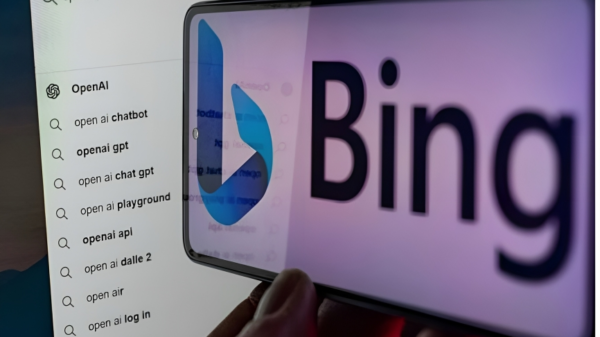It is a recurring pattern throughout history for each new generation to face critique from the preceding ones. This holds for the current generation entering the workforce, known as Gen Z. Many born from 1996 to 2010 are starting their first jobs and have gotten attention, but not always in a good way.
Managers from different industries have been discussing Gen Z workers, and some common criticisms have emerged. These young employees are sometimes labeled as “lazy” and are said to lack the essential social skills required in a professional setting.
<iframe width=”100%” height=”100%” frameborder=”0″ allowfullscreen=”true” src=”https://www.youtube.com/embed/9npovYEuUsc?rel=0″></iframe>
Teenagers and young adults are still navigating their way in the workplace, facing challenges like any other generation. The issue arises when managers label Gen Zers as “too emotional,” sparking a thought-provoking discussion. The Wall Street Journal sheds light on how some millennial managers perceive these younger employees as liabilities, primarily because of their emotional reactions. But is this a problem associated with Gen Z or a management challenge?
A study was conducted with 20 managers representing various generations, from millennials to baby boomers. It revealed some interesting insights into their experiences with Gen Z workers. Many managers found it surprising or enlightening to see Gen Z employees’ challenges when maintaining focus and navigating the more ambiguous aspects of work tasks. For example, Jeff Elkins, a director of a security base in Florida, observed that many Gen Z employees need help with staying on track and understanding issues that he perceived as straightforward.
Elkins is one of many facing this issue. There is a perception that Gen Zers have a mindset that rules don’t apply to them. This has caused friction in industries with long-standing regulations, like Elkins’ industry. Amber Forrest, a manager at a pizza shop, shared his experience with unmotivated Gen Z hires but remains hopeful and believes that not all is negative.
There was a time when young workers were regarded as the epitome of excellence in the workplace. Their energy, fresh perspectives, and vitality are unparalleled. However, the narrative seems to have changed with Gen Zers. While there have been challenges, there have also been occasions where their unique approach has proven advantageous. Sean Cusak, director of a biotech startup, shared instances where Gen Z’s methods truly excelled.
Online interactions heavily influence the modern world. Gen Z individuals often participate in online college courses or remote internships, meaning certain practical skills can be overlooked. As a result, managers face the challenge of adapting and providing guidance to this new generation, aiding them in developing the necessary skills for success.
For many individuals in Gen Z, money isn’t the primary driving factor. Career coach Abhijit Bhattacharya accurately points out that this generation prioritizes meaningful work, sometimes even above a high salary. However, disengagement can become an issue when entry-level positions fail to provide fulfilling roles.
The influence of technology and social media cannot be overlooked in this context. Gen Z, known for their proficiency in utilizing technology, has discovered creative ways to overcome work challenges. Platforms like TikTok offer more than just opportunities for dance challenges; they serve as valuable resources for seeking advice, sharing experiences, and navigating the professional sphere.


















